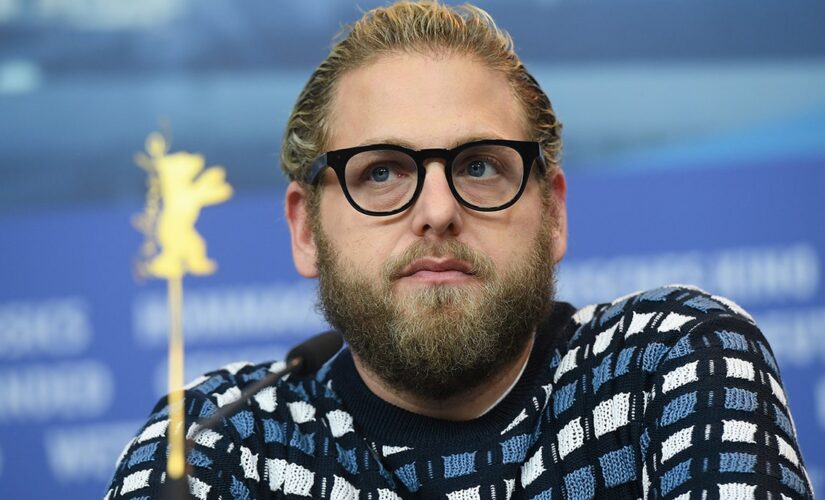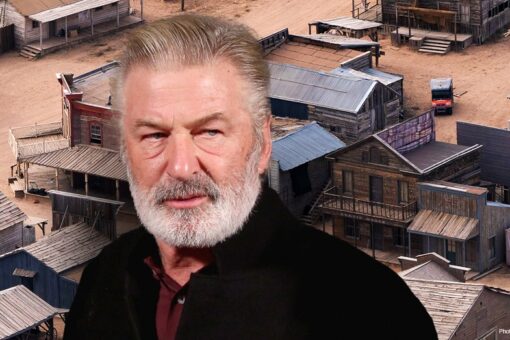Actor Jonah Hill got candid about his body insecurities, which viewers can see in the new Netflix documentary “Stutz.”
The movie, which Hill also directed, focuses on his therapist, Phil Stutz, a renowned psychiatrist to the stars.
The actor discussed how his insecurities “intensely f—ed [him] up” in the documentary, which premiered Monday on Neflix. The very personal project features honest conversations between Hill and Stutz in intimate therapy sessions.
“I just keep asking myself, ‘Was this a f—ing terrible idea for a patient to make a movie about his therapist?'” Hill wonders aloud at one point in the film, adding that the project “is either the greatest documentary ever made or the worst,” before concluding, “it’s probably both.”
The “Superbad” actor discussed what led him to initially seek out professional help, revealing that he began seeing Stutz “out of desperation to get happier.”
Jonah Hill got candid about his body insecurities in his new Netflix documentary, “Stutz.”
(Dia Dipasupil/FilmMagic via Getty Images)
“I had no healthy self-esteem,” Hill said. “Having grown up overweight was something – that sounds like not a big deal, or like, ‘Poor you’ or whatever – but for me, personally, it intensely f—ed me up.”
Hill also revealed that he lacked confidence, despite rising to fame in films like “Wolf of Wall Street” and “21 Jump Street.”
“I just didn’t invest in myself and understand how to like myself,” he explained to Stutz. “I just worked to achieve this thing, which is your idea of the snapshot.”
In the documentary, Stutz defined the snapshot as a realm of illusion, where individuals seek out the perfect experience.
“I think success and awards will absolve me of the pain of life, so I work so hard to get to that snapshot,” Hill explained.
CLICK HERE TO SIGN UP FOR THE ENTERTAINMENT NEWSLETTER
Despite finding fame and even Oscar nominations for his roles in “The Wolf of Wall Street” and “Moneyball,” Hill still faced struggles.
“It made me beyond depressed,” he said of his success. “At the same time, the media kept being really brutal about my weight. It was just kind of free game for anyone to sort of hit my sore spot. I’d be so angry. It kept me from feeling any sense of being able to grow past negative feelings about myself.”
Earlier this year, Hill paused the promotion of the film to prevent panic attacks and work on his mental health, he noted.
Jonah Hill has lost weight for a number of movies in which he’s starred.
(Reuters/AP)
“I have finished directing my second film, a documentary about me and my therapist which explores mental health in general called ‘Stutz.’ The whole purpose of making this film is to give therapy and the tools I’ve learned in therapy to a wide audience for private use through an entertaining film,” Hill wrote in the open letter, first reported by “Deadline.”
Jonah Hill and Channing Tatum in “22 Jump Street.”
(The Associated Press)
“Through this journey of self-discovery within the film, I have come to the understanding that I have spent nearly 20 years experiencing anxiety attacks, which are exacerbated by media appearances and public-facing events,” he said. “You won’t see me out there promoting this film, or any of my upcoming films, while I take this important step to protect myself. If I made myself sicker by going out there and promoting it, I wouldn’t be acting true to myself or to the film.”




